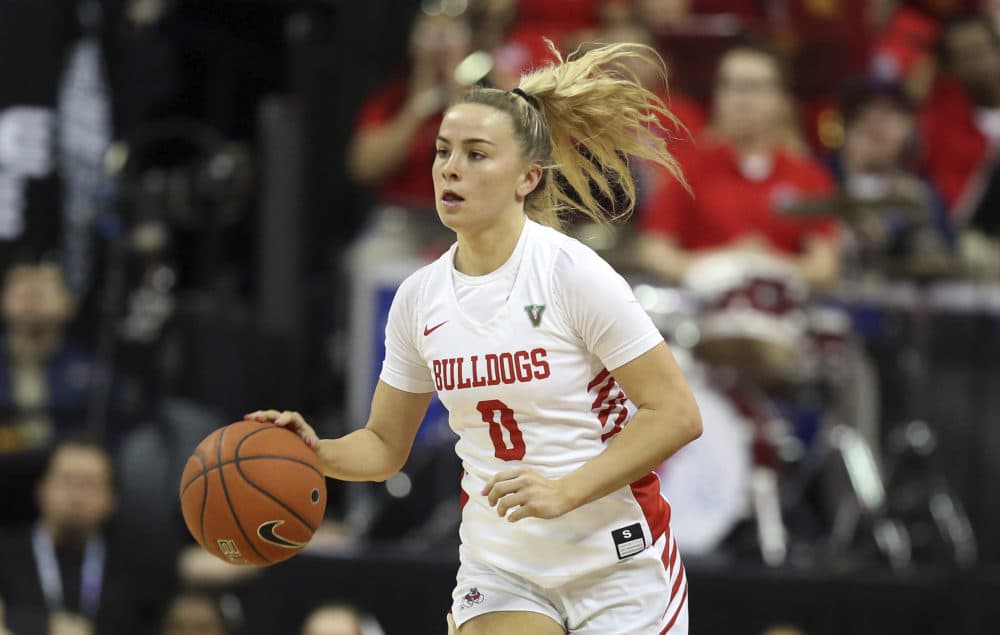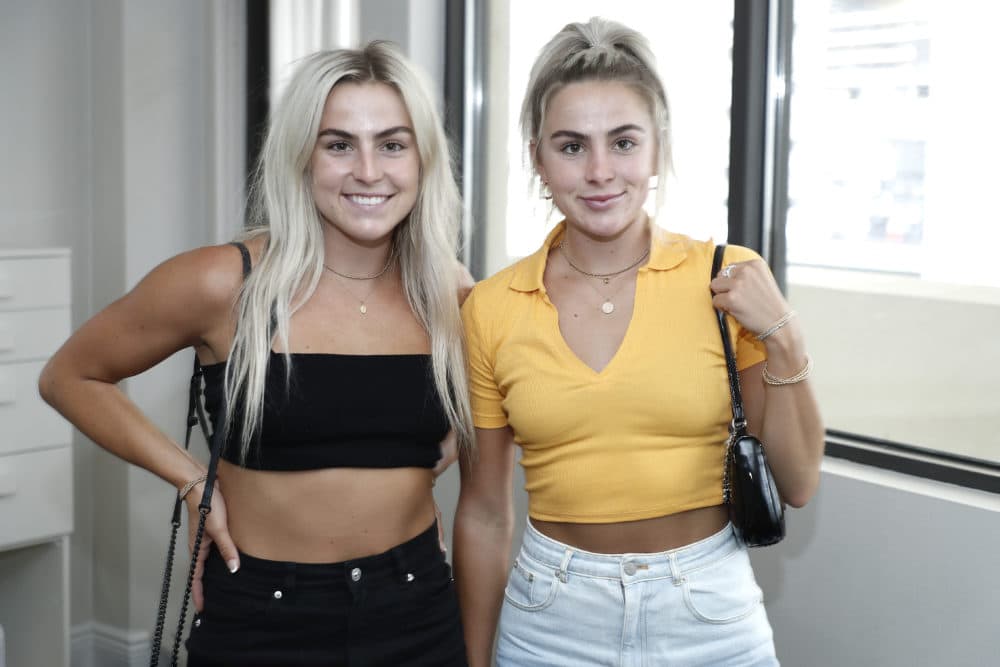Advertisement
More states are allowing college athletes to profit off their name, image and likeness
Resume
There's long been a controversy surrounding whether college athletes can make money off of their names, images, and likeness, or NIL.
The Supreme Court ruled this summer that it's legal and basketball players in Fresno and football players in Alabama have since signed deals to promote mobile phones and grooming products. Now, 29 states allow it and others may follow. There's a fear that those that don't will become less competitive when it comes to recruiting.
In August, host Robin Young moderated a virtual panel for hundreds of sports directors, and she sat down last week in New York with the panel's chair, sports law expert Martin Edel from the Goulston and Storrs law firm, to find out more about how it's playing out at schools this fall.

This segment aired on October 18, 2021.
